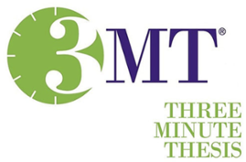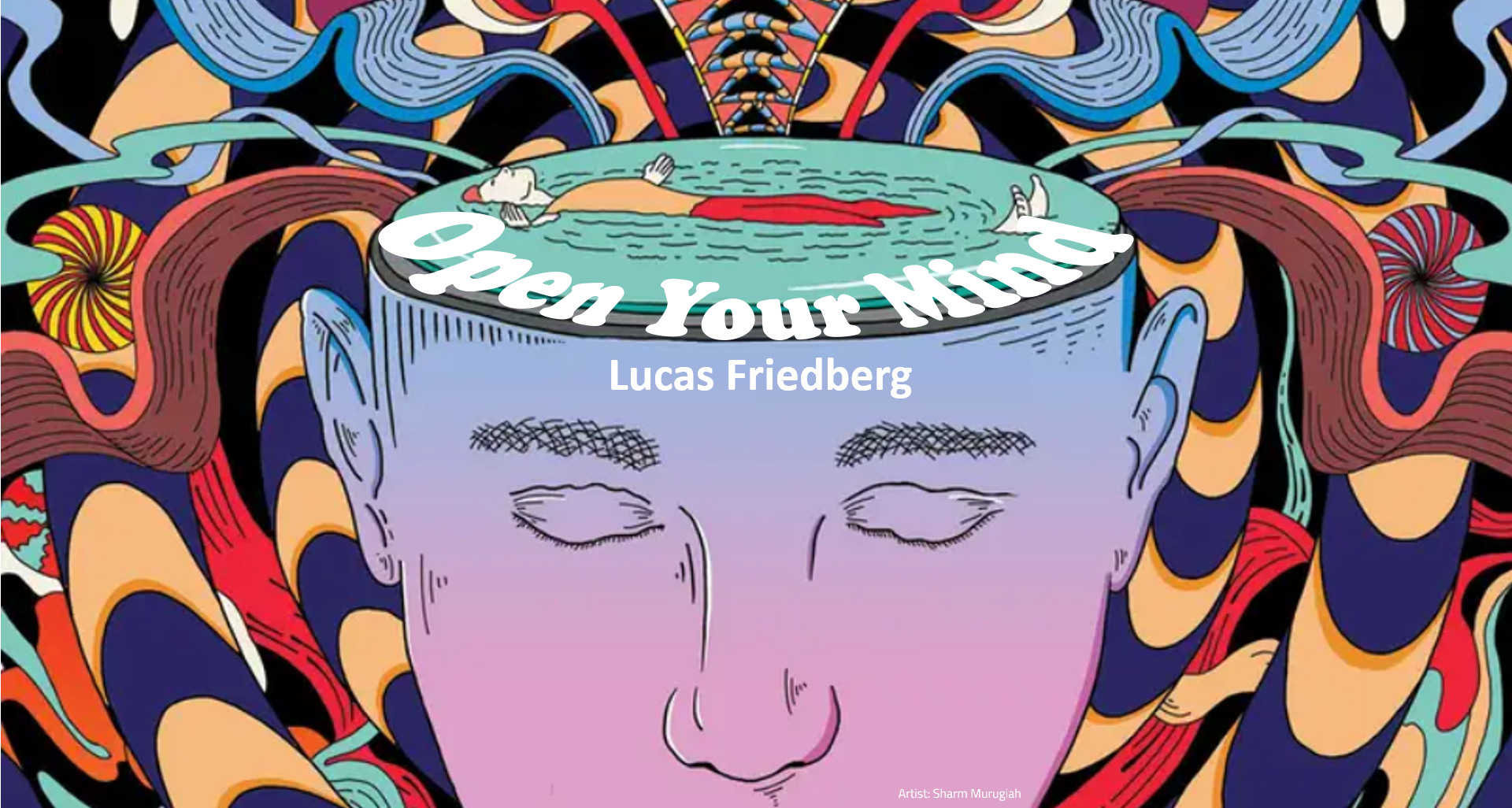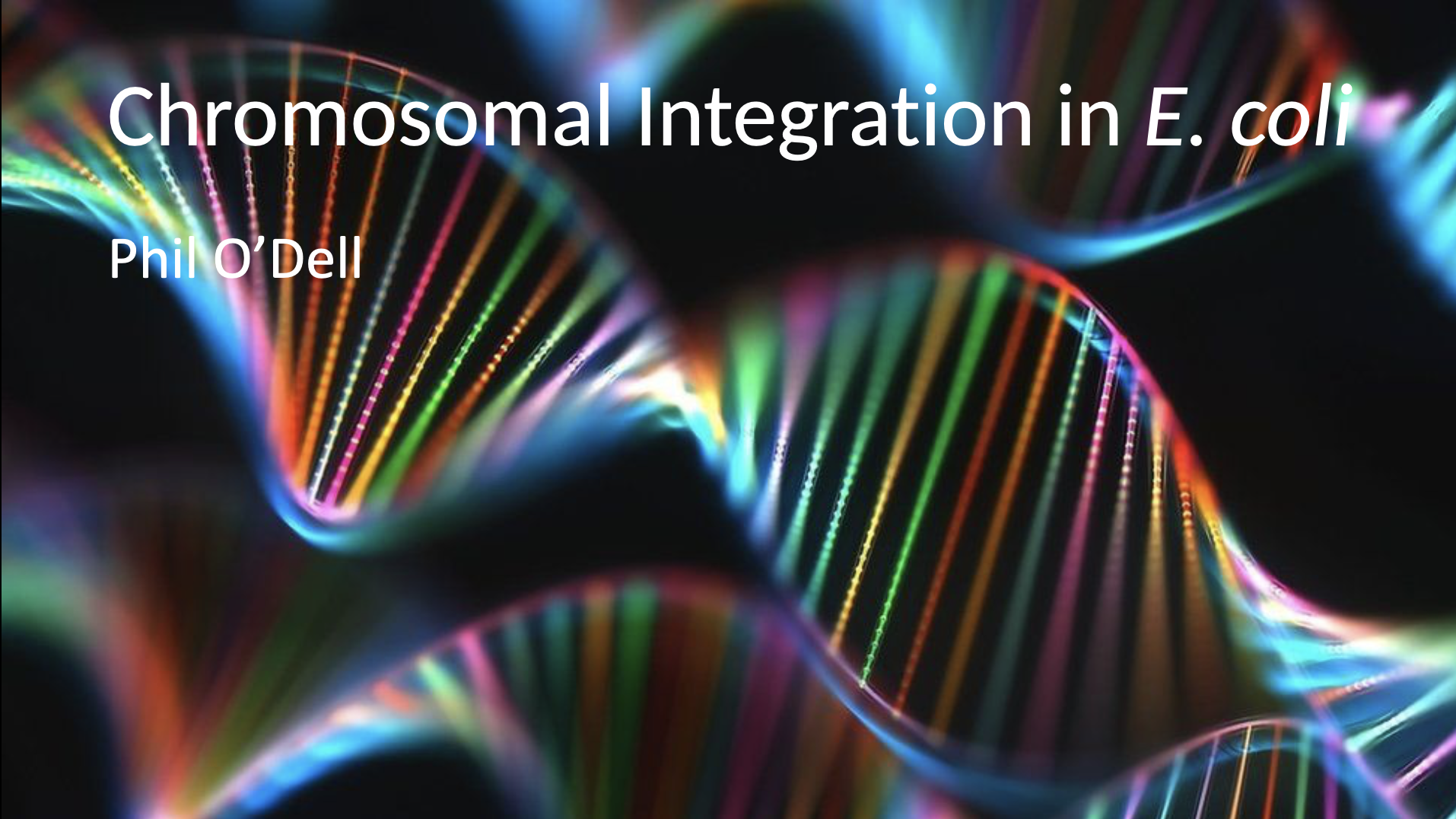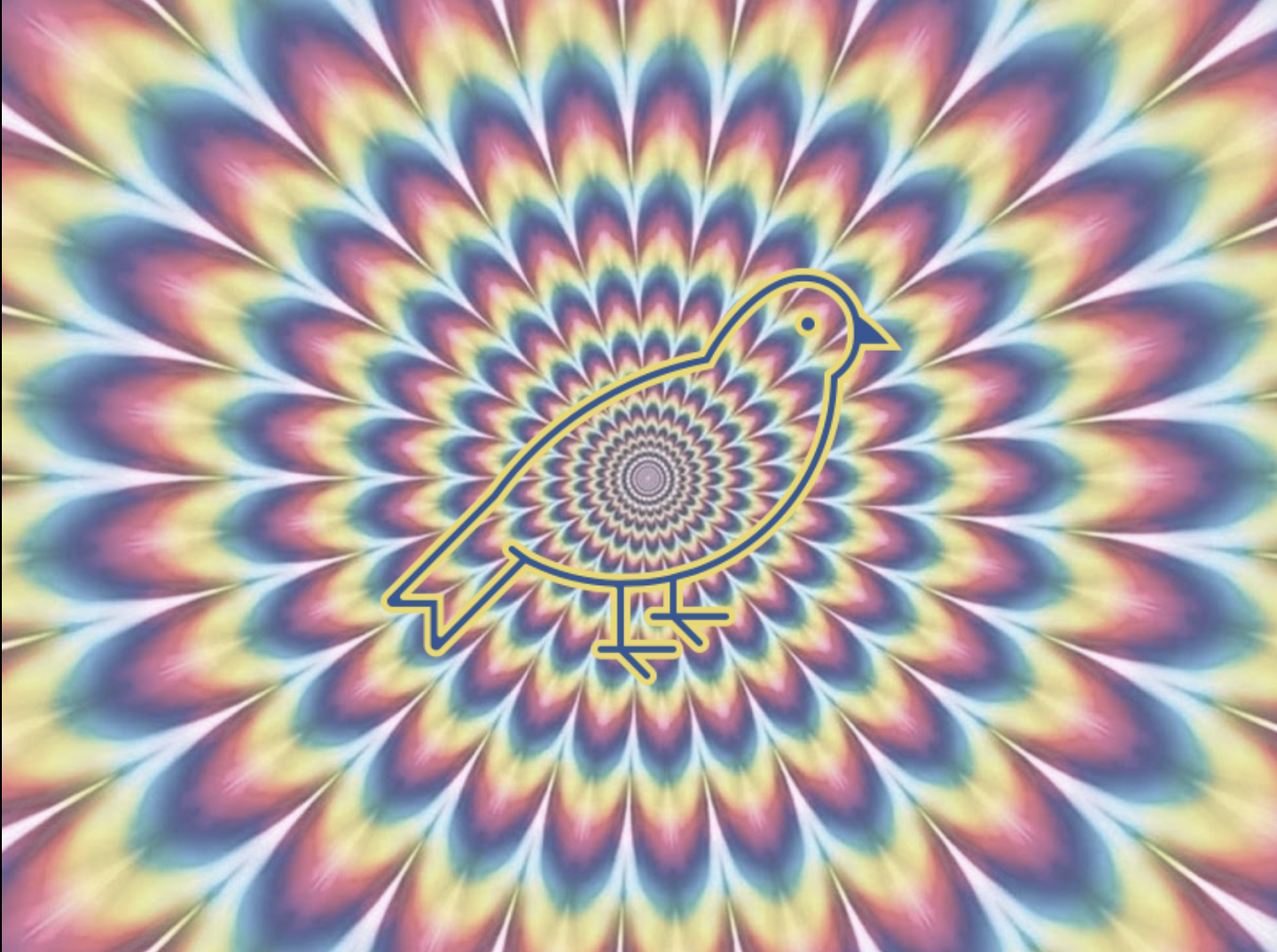Three graduate students represent Miami's CEC as finalists in Three-Minute Thesis Competition

By Gabby Benedict, CEC Reporter
Three of the ten finalists in Miami University’s 9th annual Three Minute Thesis Competition, which took place Feb. 23, represented the College of Engineering and Computing.
Hosted by the Graduate School, the competition develops academic, presentation, and research communication skills. Students refine their ability to effectively explain their research in a language appropriate to a broader audience in three minutes.
And the winners are:
Madeline McKinney received a People's Choice Award, which this year resulted in a tie. She is a senior currently completing a 4+1 MS/BS Program in Chemical and Biological Engineering.
Phil O’Dell placed third. He majored in Biochemistry with minors in Physics and Bioengineering during his undergraduate studies. He is working toward his master's degree in the Chemical and Biomedical program.
Also representing the college was Lucas Friedburg, a second year Chemical and Biomedical Engineering graduate student. His presentation, titled, “Open Your Mind,” highlighted the development of psychedelic drugs and the benefits psychedelics can have. 
Even though presenting to the judges and a large audience was a daunting task for Friedburg, he tackled his fear head-on and is very excited to be moving on as a finalist in the competition.

O'Dell's presentation involved research in investigating better methods to produce pharmaceuticals and other natural products from bacteria. He used an enzyme called transposase to put genes from other organisms onto the E. coli chromosome, making the process of making the chemical cheaper and easier than current methods.
“The most challenging part of this competition is trying to introduce a field most people don't often consider and making my research digestible to people unfamiliar with the terminology associated with this work,” O’Dell said.

McKinney’s slide has a bird that represents a finch. The background makes the bird change shape, which alludes to Charles Darwin and his theory of natural selection, which derived from finches.
McKinney's presentation was about her thesis project, which uses genetic diversification to produce a better psilocybin production strain. Her lab already has a go-to production strain called pSilo16, but her work uses enzymes from different types of "magic mushrooms" to hopefully outperform pSilo16. Early data tells her some promising things, but she is still researching and working on this project.
The biggest challenge she faced in the competition was her slide. “We are given a single, static slide as a supplement to our 3 minute talk. Most people provided data or helpful visuals of how their project applies in the real world,” McKinney said, “I went with a very abstract approach, focusing on a single image that I spend my talk explaining.”

